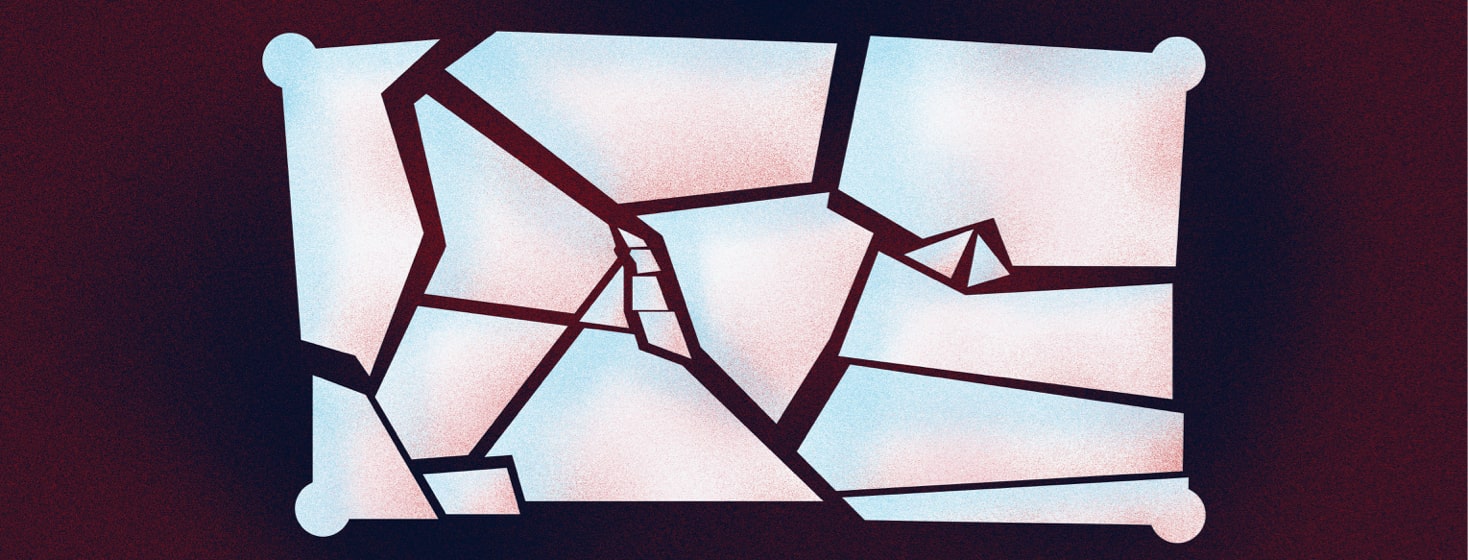The Many Causes of Insomnia in COVID-19 Long Haulers
If you’ve had COVID-19, you may be an unhappy member of the “long haulers’ club.” Long haulers are people who have experienced COVID-19 but face health problems weeks, months, or even years post-infection.1
Also known as PASC (post-acute sequelae of SARS-CoV-2), post-COVID syndrome, or long COVID, the syndrome affects as many as 30 percent of all COVID-19 survivors. Researchers are still trying to figure out why.1,2
One thing they’ve learned: multiple organ systems are affected by COVID. Symptoms include shortness of breath, cough, fever, fatigue, depression, anxiety, joint and muscle pain, headache, and brain fog. Another major problem relates to sleep dysfunction – especially insomnia – following recovery.
How might long haul COVID-19 impact insomnia?
Some researchers estimate that insomnia affects one-third of all long haulers.3
Does COVID-19 cause post-recovery insomnia? Researchers can’t say for sure. It may be more accurate to say that long haulers face chronic sleep challenges such as insomnia or daytime sleepiness that could be caused by a variety of factors.
Predisposition
It’s thought that people who struggled with insomnia prior to the pandemic are more likely to re-experience it as a long hauler. In some cases, previous treatments may no longer work as well. The lifestyle changes forced by the pandemic may also be to blame.4
Lifestyle disruption
Many changes to daily life have resulted from pandemic living. Altered work hours, lack of commute, long-term isolation, social distancing protocols, and shifts in sleeping, exercising, and eating schedules all result in poor sleep hygiene and disrupted sleep.5
A combination of these changes can lead to daytime napping, oversleeping, staying up too late, and other behaviors related to insomnia. Social jet lag – that strange but common “hangover effect” felt when the sleep-wake cycle falls out of sync – is also likely.
Other side shoots of the pandemic that contribute to poor sleep include poor diet and weight gain, sedentary living, increased mental illness, and greater use of alcohol and other substances.6
Depression and anxiety
As many as a quarter of all long haulers now deal with either depression or anxiety (or sometimes both) along with sleep difficulties. Both conditions share measurable links to insomnia. It isn’t hard to imagine the connections.7,8
New sleep disorders
Obstructive sleep apnea (OSA) may occur in anyone who has gained weight during the pandemic. OSA could be an overlooked preexisting condition prior to COVID-19, or it may develop during the pandemic. Often, it presents as insomnia and daytime sleepiness. OSA is especially troublesome for long haulers with long-term respiratory problems.6
Other sleep disorders that may evolve in those with long COVID include restless legs syndrome (RLS), periodic limb movements of sleep, and circadian rhythm disorders.6
Circadian rhythm disorders
The pandemic lifestyle may cause daily schedules to shift enough to disrupt the release of the hormone melatonin in the evening. Melatonin regulates circadian rhythms and helps us to fall asleep. Shifts in these rhythms are known to make falling asleep difficult.9
Also, remember: Any time you’re in recovery from a critical illness, it’s normal for poor sleep and an imbalanced sleep-wake cycle to occur. If this imbalance isn’t addressed, it could lead to ongoing patterns of insomnia.4
Neurological issues
Many long haulers complain of brain fog. This neurological symptom – linked to daytime fatigue – describes forgetfulness, confusion, problems focusing, and lack of mental clarity.10
Some research shows that COVID-19 could infect the brain. Rarely, this leads to serious disorders such as Guillain-Barre Syndrome (GBS), encephalitis, stroke, and synucleinopathy.4,11
More commonly, however, long haulers experience chronic fatigue syndrome (CFS), functional neurological disorder (FND), or postural orthostatic tachycardia syndrome (POTS) in the months following infection, leading to related nonrestorative sleep and insomnia.11-13
Post-traumatic stress disorder (PTSD)
PTSD is commonly associated with insomnia. Unfortunately, those hospitalized for COVID-19 now report symptoms of PTSD.14-15
- One in 3 link their trauma to the use of a ventilator.
- One in 5 who didn’t use a ventilator report flashbacks tied to frightening images from the ICU.
PTSD may start immediately or occur later. Without treatment, it could persist for years.
Better sleep for long haulers
Sleep solutions for long haulers mirror options prior to the pandemic:
- Practice good sleep hygiene.
- Get a sleep study to rule out hidden sleep disorders.
- Treat with CBTi (cognitive behavioral therapy for insomnia).
- Manage health conditions that contribute to insomnia.
- Review medication dosage and time of day taken to be sure they aren’t to blame for sleeplessness.
A neuropsychological screening may uncover related health conditions, but this requires a doctor’s referral.3
Ultimately, that’s where you should begin – with the doctor handling your long COVID symptoms. They should provide the support you need to get the sleep you need.

Join the conversation